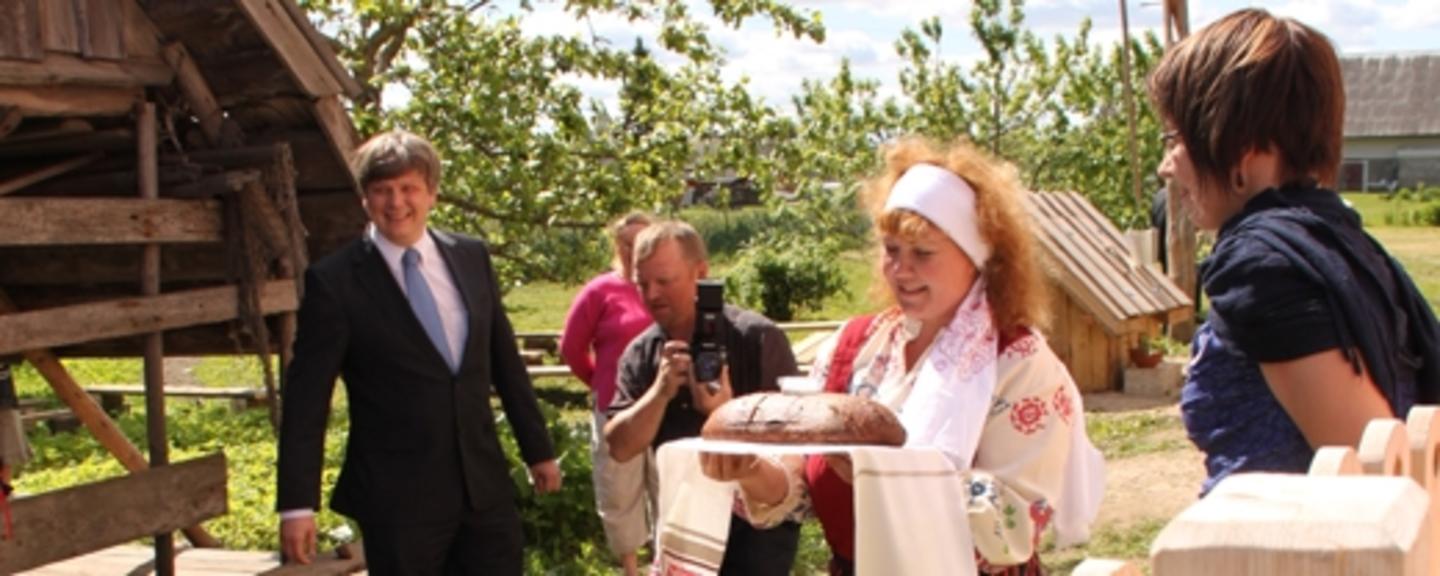On the eastern shores of Lake Peipus, which forms part of the border between Estonia and Russia, a string of villages differ from all other villages in Estonia, both by their outward appearance as well as by the culture that forms their foundation. Small houses huddle close together at both sides of the street, running uninterrupted for kilometers. This is the villages of the Old Believers, who separated from the official Russian Orthodox Church in the mid-17th century.
A cultural minority
In 1652, Patriarch Nikon of Moscow initiated religious reforms in the Russian Orthodox Church and those not complying with the new order were arrested or persecuted. The religious exodus that these actions triggered led thousands of people to seek refuge in Estonia. The refugees and their descendants maintained their traditional beliefs, church services, songs and icons, and also their mundane, elaborately decorated household items. Thus, the Old Believers formed and still form a small and long-lived religious minority within the larger ethnic minority of Russians in Estonia.
Keeping the traditions alive
Thanks to a €200,000 grant from the Estonian Regional Development Fund of the EEA and Norway Grants, the NGO Piiri Peal has bought and renovated the old merchant house in the area and converted it into a visitors centre.
The Peipsimaa Visitors' Centre will offer information, artifacts and courses in painting of icons, wood prints, embroidery, weaving of fishing nets, basket-weaving and other handicraft, in an attempt to bring the slowly vanishing culture of the Old Believers alive again.
The establishment of the Centre has already given a huge boost to the area. Professionals from the Estonian University of Life Sciences have for instance mapped the cultural treasures of the region and developed courses to teach the unique skills of the Old Believers to locals as well as to visitors. In addition, a thorough study has been undertaken in order to map and develop the region’s tourism potential.
Photo credit: Piret Marvet, Royal Norwegian Embassy, Tallinn.
